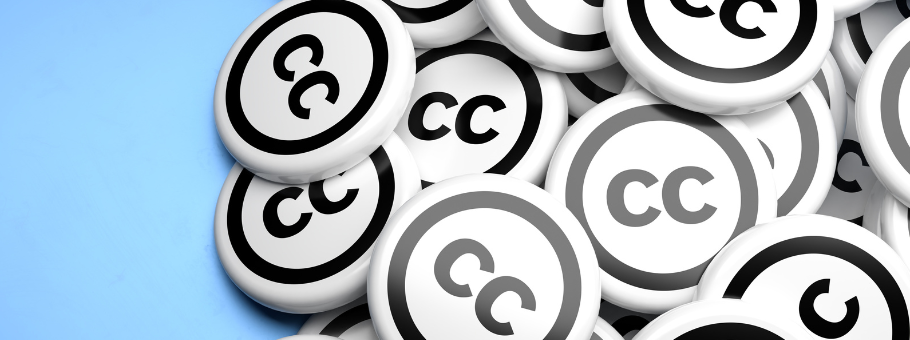Gates Foundation Accelerating Open Access

Traditionally, academic research frequently existed behind a paywall. This meant that in order to access journal articles, a researcher would have to pay to rent or download an article. Some journals also tend to enforce an embargo period during which authors may not be allowed to share their paper with the public. This is part of the revenue model for many academic publishers which restricts access to research findings. These restrictions are more seriously felt in under-resourced academic environments and may stifle the ability of some scientists to work since research is often built upon the findings of others.
Contrary to this model, open access publications make their data freely available to the public. This ensures that all scientists have equal access to the data that they need in order to be able to work effectively. The open access movement has a powerful ally in the Bill and Melinda Gates Foundation, which disbursed $4.2 billion in 2015. The Foundation is built on the notion that “all lives have equal value” and they describe themselves as “impatient optimists working to reduce inequality.”
As of January 1, 2017, the Foundation issued a mandate that none of the publications arising from work it funded should be behind the paywall or placed under an embargo. This kind of policy is similar to other funding agencies such as the NIH and the Wellcome Trust. The Gates Foundation takes it a step further by requiring the work to also be published under a Creative Commons license with no restrictions on re-use, including for commercial purposes also. These requirements also apply to any data sets associated with the publication.
What Does This Mean For Journals?
Some prestigious journals, such as Nature, Science, and the New England Journal of Medicine are not open access. Unless an open access route is provided by these (and other) journals, it would mean that research funded by the Gates Foundation could not be published in these journals. While Nature might be willing to create such an avenue, publishing work under the CC-BY license (a Creative Commons license which has no restrictions on re-use) has been described as “onerous” in one of its blog posts.
Richard Wilder of the Gates Foundation was interviewed about the changes arising as a result of this policy. According to him the implementation of this policy has had a real effect on open access publishing by creating opportunities with a number of publishers that have not been fully engaged in open access.
Only time will tell how much these latest developments will change the face of academic research. What is clear is that these requirements have created channels for discussion on open access in the academic community once again. Hopefully, like the Wellcome Trust and NIH policies, the Gates Foundation policy will positively impact the way scientists’ access information.









